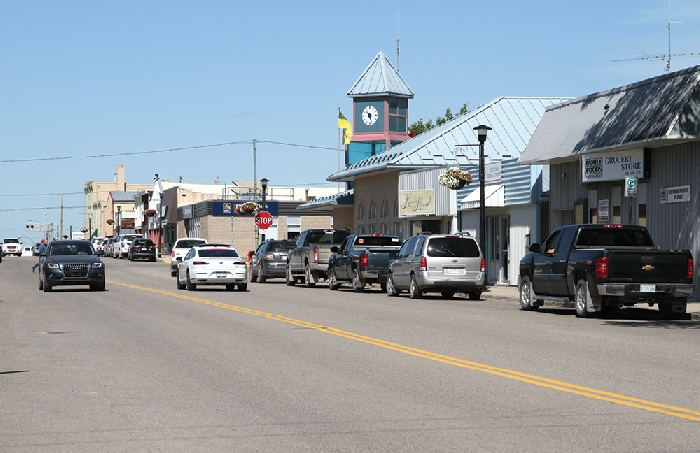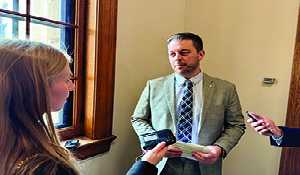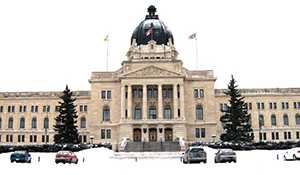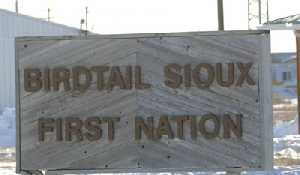Saskatchewan Small Business Emergency Payment program expires July 31
Businesses forced to close temporarily can still apply
July 24, 2020, 4:28 pm
Victor van der Merwe - Local Journalism Initiative Reporter


Any Saskatchewan small business that had to shut down or substantially curtail their operations through a Public Health Order by the Chief Medical Health Officer of Saskatchewan, has until July 31, 2020 to take advantage of the Saskatchewan Small Business Emergency Payment program (SSBEP).
This applies to businesses such as restaurants, personal service providers and seasonal businesses that have not received any payments or amounts from any other sources, including insurance, to replace or compensate for the loss of sales revenue other than amounts from other government assistance programs.
As of July 15, 2020, the SSBEP program has paid out $31 million to 6,241 businesses with 3,527 of those businesses receiving $10,000 over two installments.
The Government of Saskatchewan announced the SSBEP on April 9, 2020. The $50 million program is meant to provide financial assistance to eligible small and medium-sized businesses and not-for profit organizations that were ordered to temporarily close or substantially curtail operations through a Public Health Order by the Chief Medical Health Officer of Saskatchewan to help control transmission of COVID-19. The program also extends to Seasonal Businesses that had to close during the emergency lock down.
Payments are based on 15% of a business’s monthly sales revenue in either April 2019 or February 2020. Businesses may select either of these months to calculate their payment. The maximum payment is $5,000 per business per eligibility period.
The payments can be used for any purpose, including paying fixed costs or expenditures related to re-opening the business once restrictions have been lifted by the province.
Eligibility
Businesses that hope to benefit from this program needs to meet the following criteria:
• Have been carrying on business in Saskatchewan on February 29, 2020
• Have been ordered to temporarily close or curtail operations through a COVID-19 public health order.
• Have less than 500 employees.
• Attest that they have experienced a loss in sales revenue from business activities due to a COVID-19 public health order.
• Plan to reopen operations following the cancellation of the COVID-19 public health order.
• Have not received any payments or amounts from any other sources, including insurance, to replace or compensate for the loss of sales revenue other than amounts from other government assistance programs.
Of the 6,241 businesses that applied and did qualify for this program 3,527 of them qualified for a second payment in May.
More information on the program can be found at https://www.saskatchewan.ca/government/health-care-administration-and-provider-resources/treatment-procedures-and-guidelines/emerging-public-health-issues/2019-novel-coronavirus/covid-19-information-for-businesses-and-workers/saskatchewan-small-business-emergency-payment-program
“A-plus to the Province”
“We are fans of the program it has served the small business community well,” says Steve McLellan CEO at the Saskatchewan Chamber of Commerce.
Although there may be a few eligible businesses that have not heard of this program yet, McLellan feels that the province did do a good job getting the word of the program out there.
“There is always going to be a business that hasn’t seen it, but through the local chamber networks, through the publications and the promotions by the province, I think most businesses have seen it,” says McLellan.
As far as the government’s overall support of the business community, McLellan feels that it has been a uniquely challenging time.
“Those (businesses) that have received it (assistance) and are doing okay will say its been fine, those who have missed the criteria, because they are too small or too large will say it has been not as positive,” says McLellan.
This pandemic has forced people to make large decisions in a very short time and that includes the government.
“All governments have been building an airplane while they have been flying it and that is very difficult to do. We needed them to do that full credit to the provincial and federal government and many municipal governments for reacting to the challenges that they saw. By nature it is not going to be perfect, however I have been amazingly impressed by the success of the programs, the well targeted efforts, the financial resources going out and especially how fast these dollars have been released. I give an A if not an A-plus to the provinces,” says McLellan. Tweet



































